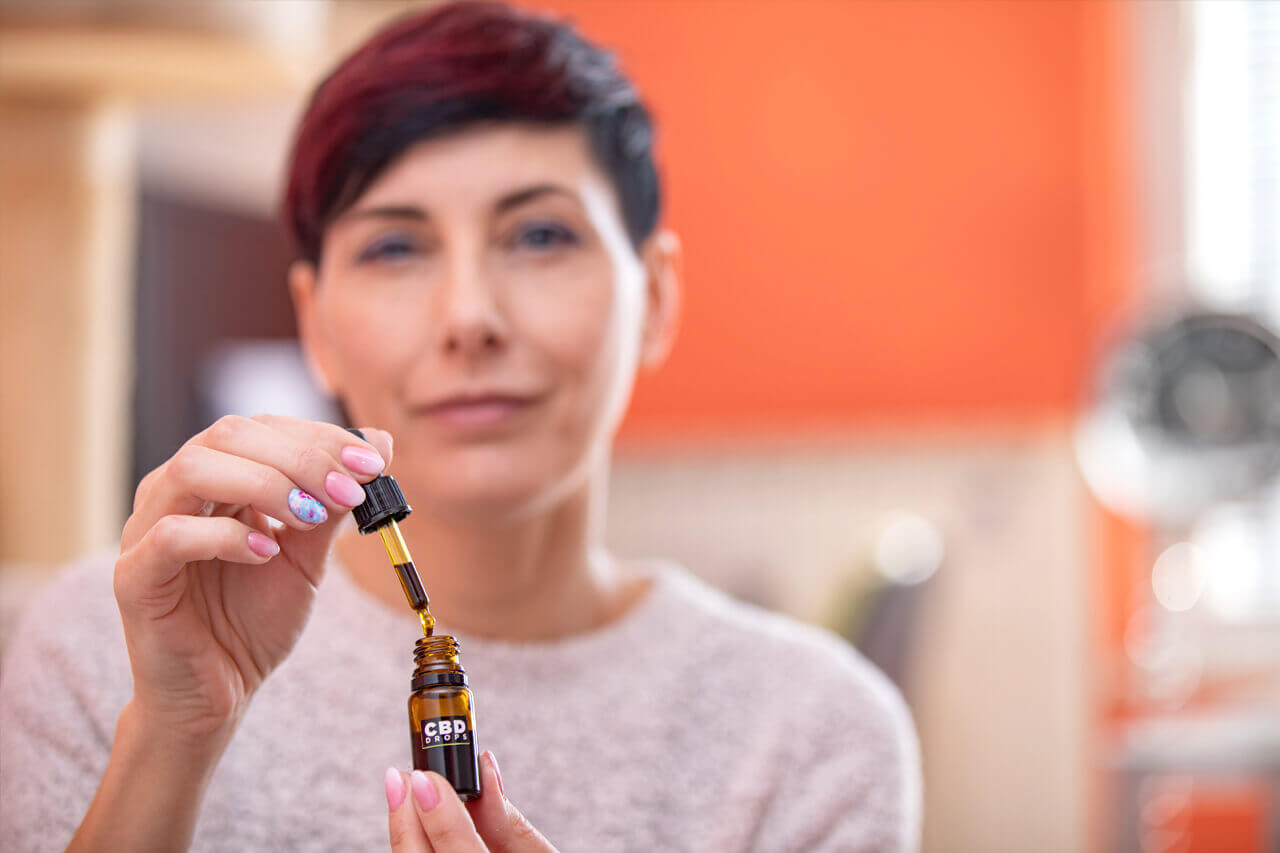What can CBD do? That question alone yields over 211 million Google results. Clearly there’s a lot of people asking this very question. And we’ve got some answers.
CBD Oil Effects
People who take a high-quality CBD oil on a regular basis report a lot of positive effects.
Everybody is unique biochemically, of course, so it might be difficult to predict what the effects of CBD will be for you, specifically. But here’s the overview:
Cannabidiol (CBD), the non-intoxicating compound in hemp (cannabis sativa) can induce a feeling of general, overall wellness in many people. In addition, there are at least 75 research studies that support it for easing anxiety.
There’s also research backing CBD for sleep quality improvement, depression, arthritis and joint pain, gut health and immunity, normalizing blood sugar levels, helping to ease addiction, and even recovering from respiratory ailments.
Most of the research on CBD has centered around its effects on mood, sleep and pain. But any health concern has the potential to be improved by high-quality CBD oil that has a full portfolio of therapeutic phytonutrients such as terpenes.
The Effect of CBD on the Endocannabinoid System
Unlike pharmaceutical drugs that many times have only one specific action—for example, lowering blood pressure—CBD works more indirectly on the body in general.
Every mammal’s body contains a network of cannabinoid receptors. This network is the endocannabinoid system. If you graduated high school decades ago and are wondering why you never learned about it, it’s because it was discovered a relative blink of an eye ago (in the early 1990s).
“Endo” means internal. Cannabinoids like CBD are chemical substances that join with the body’s internal cannabinoid receptors. And when an external cannabinoid (also called an exogenous cannabinoid) like CBD joins with cannabinoid receptors in the body, it’s like taking your car in for a tuneup.
You see, the endocannabinoid system’s main role is to promote homeostasis in the body. Homeostasis simply means balance. So any organs or tissues in the body that are not operating in perfect order can be improved with CBD.
The key to giving your body a daily tuneup is frequently activating your endocannabinoid system with healthy substances such as CBD.
So, yes, your body has a bliss chemical just waiting to be lit up. But the effects of it are short-lived.
Your body has two types of endocannabinoid receptors: CB1 and CB2. CB1 is also known as anandamide. (Ananda is the Sanskrit word for “bliss” or “joy.”) Take, for example, pain relief: Most people think adrenaline is responsible for dulling pain immediately after an injury. But that’s only part of the picture. Anandamide binds to the CB1 receptor to help block pain.
Unfortunately, the half-life of anandamide is only a few minutes. Therefore, if you want the best effects from CBD oil, you need to “feed” your endocannabinoid system an external source of cannabinoid.
THC, the psychoactive ingredient in marijuana (which, like hemp, also comes from cannabis sativa), has been shown to be effective for pain relief. But many people don’t like getting high, not to mention that in some states marijuana remains illegal.
Activating your body’s internal bliss chemical requires daily use of CBD. And for best results, you may be better off using CBD oil twice a day.
Are There Negative Effects of CBD Oil?
For most people, CBD comes with no serious side effects. That being said, any substance—be it natural like CBD or synthetic like pharmaceuticals—has the potential to produce side effects.
With CBD, the most serious concern seems to be drug interactions. So if you’re currently taking medication, talk to your doctor.
According to Harvard Health Publishing, CBD may enhance the effects of medication. For example, diazepine drugs for anxiety such as Xanax or Ativan may promote drowsiness. Thus, taking CBD could (italics for emphasis; it’s not a guarantee) cause more drowsiness.
Penn State University lists 57 medications that are cause for concern should their concentration be altered because of a drug interaction. This is by no means implying that all 57 or any of them will be affected by CBD, but it’s a good list to check out. In particular, if you’re taking warfarin (Coumadin) or other blood-thinning drug; heart-rhythm medication or a thyroid medication, ask your doctor if CBD is safe to use.
Effects of CBD Oil: Conclusion
Thousands and thousands of people have had great results from CBD—whether it’s drastically lowering pain and inflammation, sleeping more soundly, or feeling calmer and happier. The effects of CBD oil vary from person to person. So give it a try! That’s the only way to learn how it will positively affect you. Wellness awaits!

